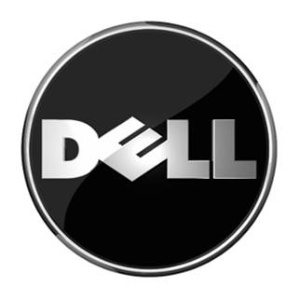When we think about a social good, we tend to think nice things that we do for our community, whether it is by giving to charities or participating in a local food drive. All of these things are admirable, but they sometimes lack the necessary funding to keep the social good last long.
How do we combat this problem ?
Simple.
We create products and services that create a social good but is financially sustainable. Like one of my earlier posts of Grameen Bank, which has created a social good by lifting impoverished people out of financial dire and creating more jobs and making a sustainable business model. Initiatives like Arc Initiative help people in Africa and other parts of the world to make their businesses more sound and create a social good. An example of this is the Fresh Milk Seller visited by the Arc Initiative. The owner has tapped into a market which is very profitable. Because there are no milk delivery system to the cities, her shop is the only one selling fresh milk.
The impact this has created is very large, from the person selling the milk, they can earn more to eat and buy things. From the person who delivers the milk to the city, he too earns a lot of money from this, and the owner, that earns modest revenues from this enterprise.
So we can see that this model is sustainable in the long term, and creates a social good for all the people in the chain of supply.





